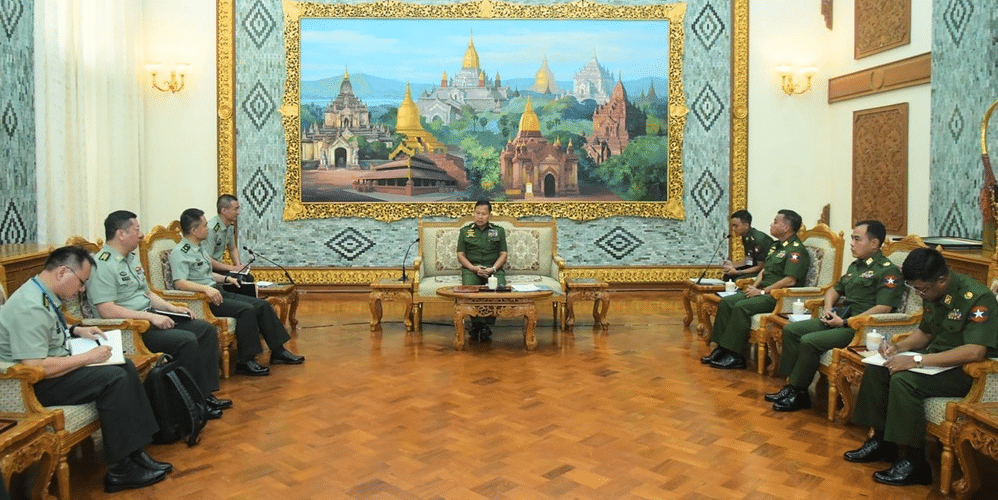Myanmar lawyers face harassment, intimidation in junta courts: HRW
Human Rights Watch (HRW) reports that lawyers representing political detainees in Myanmar’s junta-run courts face harassment, intimidation, and even imprisonment. The junta has arrested tens of thousands in a widespread crackdown on dissent since seizing power over two years ago. The military is also accused of manipulating the legal system against opponents, including democracy icons Aung San Suu Kyi and Win Myint. The harassment is forcing many lawyers to cease accepting cases, exacerbating the crisis in the country’s justice system.










